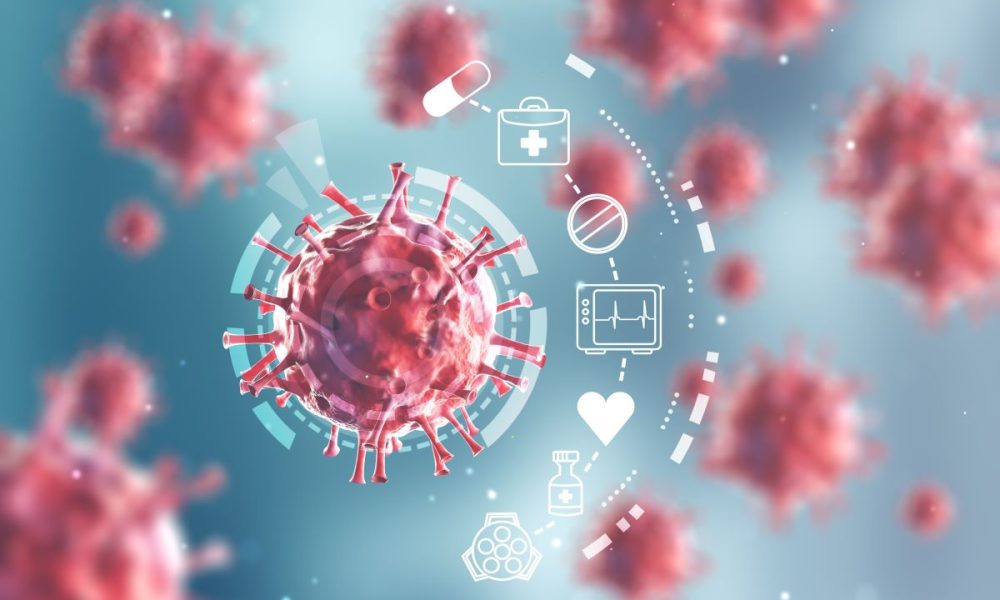
A new AI-based learning tool has been developed by Arizona State University scientists which has uncovered new information about how an individual person’s immune system responds to foreign cells.
The tool, called HLA Inception, can classify a specific group of proteins called Major Histocompatibility Complex-1(MHC-1), in seconds.
These proteins are unique for each individual and HLA Inception is able to classify them and predict whether a person’s immune defenses may recognise pieces of threatening viruses and cancers.
Abhishek Singharoy, assistant professor in ASU’s School of Molecular Sciences who led the study, stated: “We are able to make predictions on pathological outcomes of patients, such as the survival against certain cancer medicines, based on the molecular details that a human is born with. Now with this tool, something that was taking days only takes seconds.”
Understanding this individualised molecular interaction information holds tremendous promise for creating new personalised cancer medicines with the potential to transform patient care.
MHC-1 protein preferences
MHC-1 proteins act as guards on the surface of cells, alerting the immune system to foreign invaders. They ‘grab’ pieces of foreign proteins, or peptides, inside cells and present them to the immune system for recognition and attack.
Each person’s MHC-1 proteins have specific preferences for the types of protein fragments they interact with and being able to predict which peptides will bind effectively to which MHC-I molecules is crucial for further understanding the mechanisms of how our immune system works and for developing new more advanced cancer vaccines. However, prediction is challenging.
There are thousands of different versions of MHC-I molecules in the human population, making it hard to create a universal prediction model.
Analyzing nearly 6,000 MHC-1 complexes, the research team discovered patterns that can identify these preferences and predict immune responses across a broad range of human populations.
The HLA Inception tool, powered by AI and machine learning, uses the varied charges on the surface of the proteins, also known as the electrostatic signatures, to classify them into 11 different types.
This information can then be used to predict whether the protein fragments, or peptides, MHC-1 are monitoring are self or foreign invaders (non-self).
The researchers also found that patients with a more diverse range of MHC-1 proteins, covering more of the 11 classes, had a higher chance of surviving certain cancer therapies.
“The continued integration of machine learning in health care will help de-risk and personalize treatments,” said Eric Wilson, an author on the paper, ASU alumnus and currently a postdoctoral fellow at Icahn School of Medicine at Mount Sinai.
“Machine learning and AI can improve the accessibility of new treatments to a broader cohort of patients by negating the need for costly experiments to determine candidacy.”
Committed to advancing scientific progress in the field, the researchers have made HLA-Inception freely available for academic use, laying the foundation for widespread collaboration and innovation in the field of immunotherapy. The team envision this work contributing to advancements in healthcare, particularly for tailoring treatments to individual patients.



